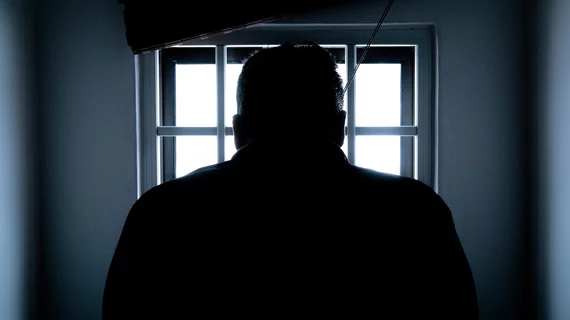ACLU sues North Carolina over illegal detention of mental health patients
The North Carolina Department of Health and Human Services is being sued for violating the rights of mentally disabled and mentally ill people jailed in the state. In a lawsuit filed in federal court, the American Civil Liberties Union (ACLU) of North Carolina, Disability Rights North Carolina and the Arnold & Porter law firm accuse the state of denying detainees proper evaluations and care, leading to unfair trials where defendants may not even understand the charges against them.
Further, the plaintiffs allege the state keeps mentally disabled detainees jailed for months without proper due process, not providing them with adequate counsel to move their cases forward. The excessive time behind bars—in conjunction with denying them adequate treatment—is leading to self-harm and acts of violence, according to a joint statement from the plaintiffs.
In many cases, the time spent detained in jail or psychiatric facilities awaiting trial exceeds the punishment for alleged crimes, the groups added. They claim even detainees capable of proceeding to trial wait an average of 68 days behind bars for that assessment to be made. Additionally, detainees who are incapable of standing trial could be made capable by proper treatment, which often takes more than five months due to overpopulation in state-operated psychiatric hospitals.
The plaintiffs claim the state is violating the Americans with Disabilities Act, the Rehabilitation Act and the 14th Amendment of the U.S. Constitution. The lawsuit demands compliance with the law, meaning timely evaluations for detainees and access to proper mental health treatment and medical care.
“Under the 14th Amendment’s Due Process Clause, a person who is mentally ill and has been charged with a crime cannot be held more than a reasonable period of time to discern whether the person detained will be capable to proceed to trial,” Michele Delgado, a staff attorney with the ACLU of North Carolina, said in the statement. “[Our] complaint highlights widespread issues like delays in evaluations and treatment and dire inadequacies in the capacity of our state psychiatric hospitals to treat ‘incapable to proceed’ individuals. Prolonged confinement persists and is a grave and inhumane violation of constitutional rights.”
The lawsuit was filed April 18. The state has yet to respond to the claim and a trial date has not been set.

